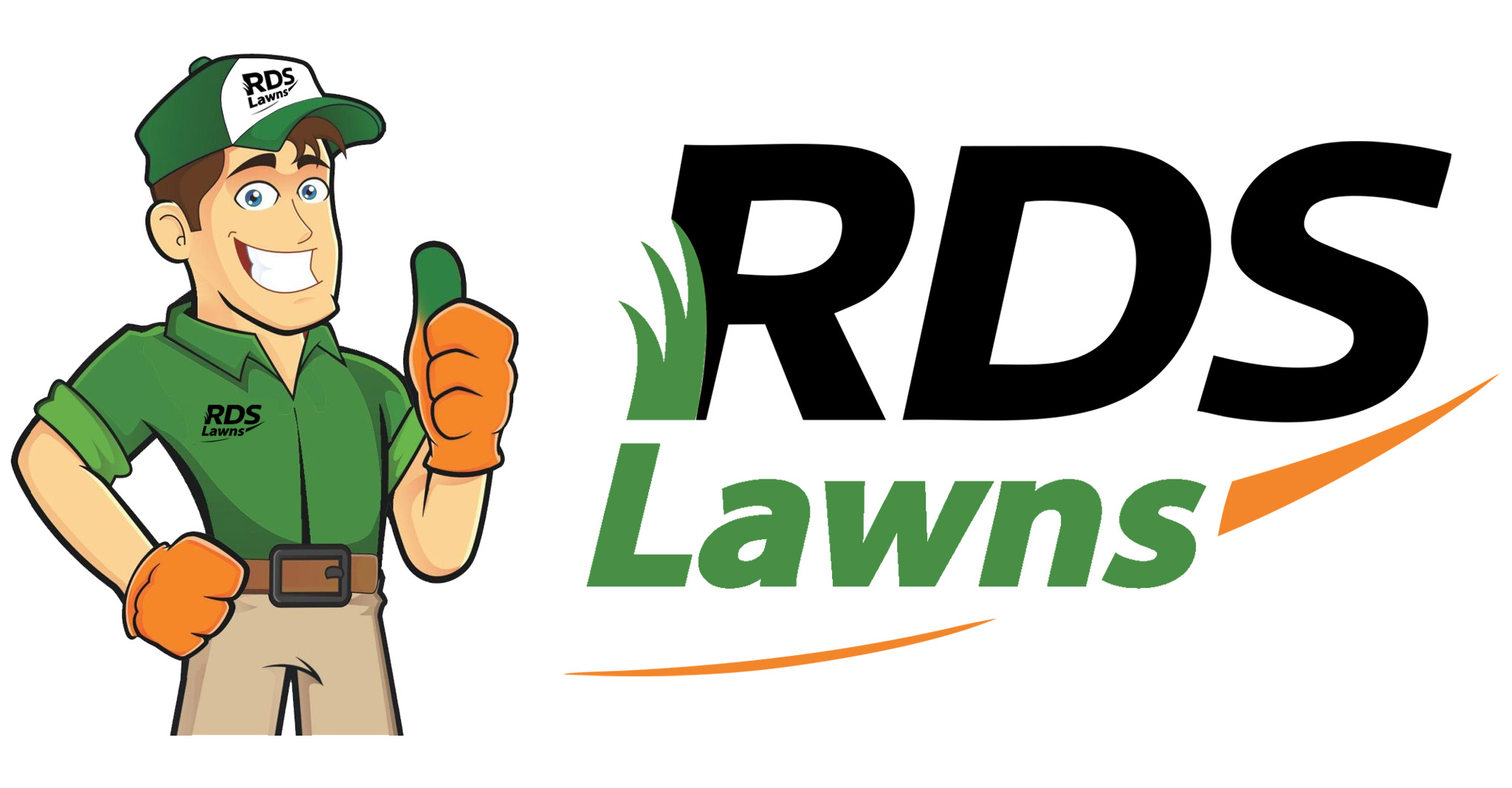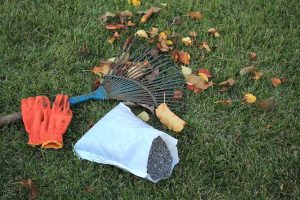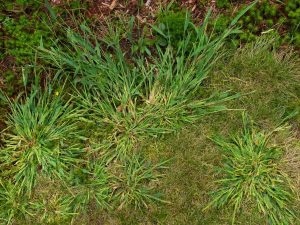Grass spiders may look intimidating at first, but in most cases, they’re harmless and even helpful. Unless they’re showing up inside your home or causing discomfort, there’s generally no need to get rid of them. In fact, many homeowners benefit from their quiet pest control efforts in the lawn.
Let’s take a closer look at these fast-moving arachnids and whether or not they pose any real threat to you, your family, or your pets.
What Are Grass Spiders?
Grass spiders are known for their distinctive funnel-shaped webs, which they build close to the ground in tall grass, bushes, or thatch. These webs are designed with a small tunnel off to one side where the spider hides, waiting to pounce on unsuspecting insects.
Grass spiders belong to the Agelenidae family. They’re typically brown or tan with darker stripes down their cephalothorax (the front part of their body). While you’ll spot them from late spring through fall, they’re most visible in early mornings when dew highlights their webs.
In North and South Carolina, common grass spider species include Agelenopsis pennsylvanica and other members of the same genus. They’re fast runners, not jumpers, and unlike orb weavers or tarantulas, they don’t tend to linger in one spot.
Are Grass Spiders Dangerous?
The short answer is: no, not to humans or pets. Grass spiders are timid and unlikely to bite unless they’re handled roughly. Even then, their venom is mild and not medically significant. For most people, a bite—if it even happens—results in nothing more than slight redness or irritation.
One of the main concerns is confusing grass spiders with more harmful species like the brown recluse or wolf spider. Grass spiders have longer spinnerets (the web-spinning part) and tend to flee when approached, unlike wolf spiders, which are more defensive.
Proper identification is key. If in doubt, always consult a professional pest control provider.
The Benefits of Grass Spiders in Your Yard
Grass spiders act as natural pest controllers. They prey on a wide range of nuisance insects, including flies, beetles, and ants. By reducing the population of these pests, they help limit infestations and protect your lawn’s overall health.
Their webs may not look pretty, but behind those delicate structures is a hardworking predator maintaining balance in your yard’s ecosystem. They don’t damage your grass or soil and rarely venture indoors unless conditions outside become unfavorable.
Why Grass Spiders Appear in Lawns
Grass spiders are often found in lawns with taller grass, dense thatch, or insect-rich environments. The more insect prey available, the more likely these spiders will stick around.
Humidity also plays a big role. Early mornings in the Carolinas, especially during late summer, create the ideal conditions for funnel web visibility. Warm temperatures combined with moisture draw both prey and predator into the open.
You’ll notice their webs more clearly during dew-heavy mornings, especially in poorly mowed or shaded areas of the lawn.
When You Might Want to Remove Them
While grass spiders aren’t aggressive or toxic, they might still be unwelcome under certain conditions:
- If they start venturing indoors, particularly around windows or baseboards.
- If someone in your home suffers from arachnophobia or spider-related allergies.
- If their webs clutter patios, outdoor furniture, or entryways, leading to aesthetic concerns or discomfort.
In these situations, removal is more about peace of mind than necessity.
Safe and Humane Removal Methods
If you decide to remove grass spiders from your lawn or near your home, opt for gentle and non-invasive techniques. Start by trimming overgrown bushes, mowing regularly, and reducing moisture accumulation.
Spiders can also be relocated using a small jar and a piece of cardboard. This is especially useful if you spot them inside the house or in high-traffic areas. To prevent future entries, seal cracks in walls and foundations, and make sure screens on doors and windows are intact.
Controlling their food source—flying insects and ground beetles—can also reduce spider activity.
Natural Deterrents (That Are Pet-Safe)
For those seeking non-toxic spider deterrents, natural plants like mint, lavender, and citronella are known to repel spiders due to their strong scents. Planting them around entryways or along garden borders may create a mild barrier.
You can also use essential oils like peppermint or tea tree, diluted in water, and spray them around windowsills and baseboards.
Sticky traps may work for indoor areas, but avoid harsh chemical sprays in the yard—they often do more harm than good, disrupting beneficial insects and soil microbes.
When to Call Pest Professionals
While grass spiders rarely require professional intervention, there are times when it’s the best course of action:
- If you’re unsure whether the spiders you’re seeing are grass spiders or something more dangerous, like the brown recluse.
- If you’re dealing with a significant indoor infestation.
- If DIY methods haven’t worked, or you prefer not to handle removal yourself.
A qualified pest control provider can safely assess the situation, identify the species, and implement an appropriate strategy without disrupting your lawn’s ecosystem.
RDS Lawn Care: Lawn & Pest Solutions You Can Count On
At RDS Lawn Care Services, we take a holistic approach to lawn health and pest management. Our team understands the balance of outdoor ecosystems and how to maintain a lawn that looks great and keeps nuisance pests like spiders under control.
Whether you’re looking for help identifying spiders, keeping them out of your living spaces, or improving your lawn to reduce their presence, we’re here to help across North and South Carolina.
Our pest control solutions are tailored to your lawn’s specific conditions—no cookie-cutter treatments here. We use eco-friendly methods that are safe for pets, families, and beneficial organisms.
Final Takeaway: To Coexist or Not?
In most cases, grass spiders are allies, not threats. They reduce pest populations naturally and rarely cause harm to humans or pets. But if they become a nuisance indoors or interfere with your comfort, safe removal and deterrence are simple and effective.
Keeping your lawn trimmed, insect levels low, and entry points sealed will go a long way in minimizing unwanted encounters.
And if you need a hand, RDS Lawn Care is just a call away.



